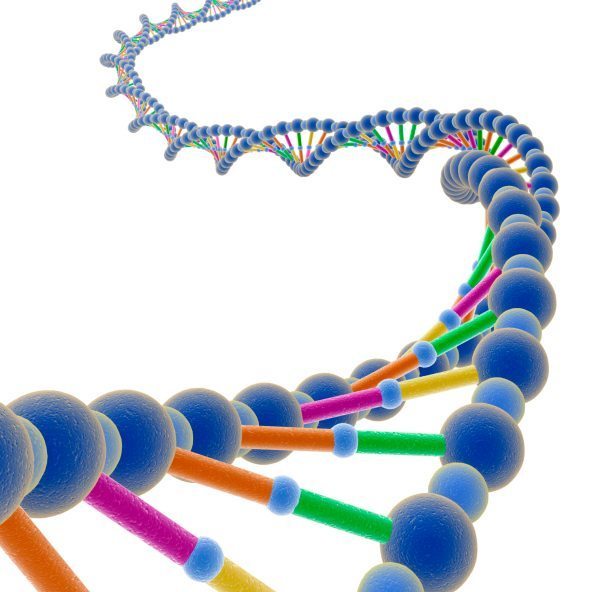 Some of us love getting surprises while others may love giving surprises. A few years ago, a friend gave me a surprise present. The true surprise wasn’t actually the gift itself but it was a key to unraveling another surprise. What makes surprises so special is the anticipation that’s built around them. Who doesn’t like trying to guess the surprise? My surprise gift was a Dog DNA test kit. For years, we had all theorized what type of breed Bella was. We rescued Bella as a puppy. One pointy ear stood straight up and the other flopped down. She is mostly black with a white diamond on her chest. Her vet record just classified her as a Labrador mix. Family and friends were always quick to provide their guess as to her breed. Good with kids – she must be part Labrador retriever; her protective manner – she must have German Shepherd in her; she likes to herd and is very agile – must be Border Collie. Now with the Doggie DNA kit, we would could get the true answer. Friends and family were now casting their official breed vote. The results came back, and she was primarily German Shepherd and Chow Chow. Below are some additional information and tips about DNA kits.
Some of us love getting surprises while others may love giving surprises. A few years ago, a friend gave me a surprise present. The true surprise wasn’t actually the gift itself but it was a key to unraveling another surprise. What makes surprises so special is the anticipation that’s built around them. Who doesn’t like trying to guess the surprise? My surprise gift was a Dog DNA test kit. For years, we had all theorized what type of breed Bella was. We rescued Bella as a puppy. One pointy ear stood straight up and the other flopped down. She is mostly black with a white diamond on her chest. Her vet record just classified her as a Labrador mix. Family and friends were always quick to provide their guess as to her breed. Good with kids – she must be part Labrador retriever; her protective manner – she must have German Shepherd in her; she likes to herd and is very agile – must be Border Collie. Now with the Doggie DNA kit, we would could get the true answer. Friends and family were now casting their official breed vote. The results came back, and she was primarily German Shepherd and Chow Chow. Below are some additional information and tips about DNA kits.
How Does Dog DNA Kits Work?
There are Dog DNA markers that link to certain breeds. Most tests claim to have DNA links to 100 or so different dog breeds. The kit we used was called BioPet from BioPet Labs and has since been removed from the market due to patent infringement issues. But there are several others on the market to choose from today. You will be required to either swab the dog’s mouth or obtain a blood sample which needs to be done by a veterinarian.
How Much Does Dog DNA Kits Cost?
Costs will vary but expect to pay between $55 to $80. If you are doing a blood sample then you need to consider the vet fee as well.
Dog DNA Considerations
DNA testing companies with a large database of breeds have a greater chance of accuracy. However, Nathan Sutter, PhD, assistant professor of medical genetics at Cornell University, stated on WebMD, “if a dog is mixed breed and comes from a great many breeds, each with just a small contribution to the total, then the breed test may be unable to identify most or all of the breeds contributing to the dog”. Mixed breeds who have purebreed parents and grandparents have higher accuracy rates.
Regardless of the results, you should love your mixed breed the same. However, the results may help you gain some insight as to why your dog behaves or looks as they do.
Photo: Courtesy of ThinkStock









